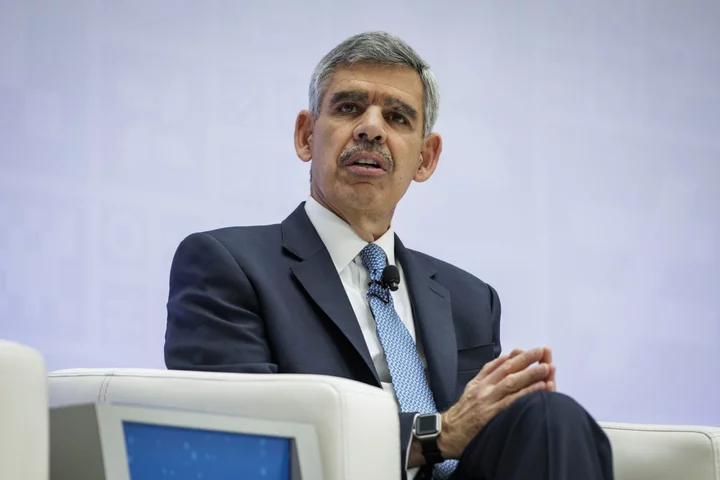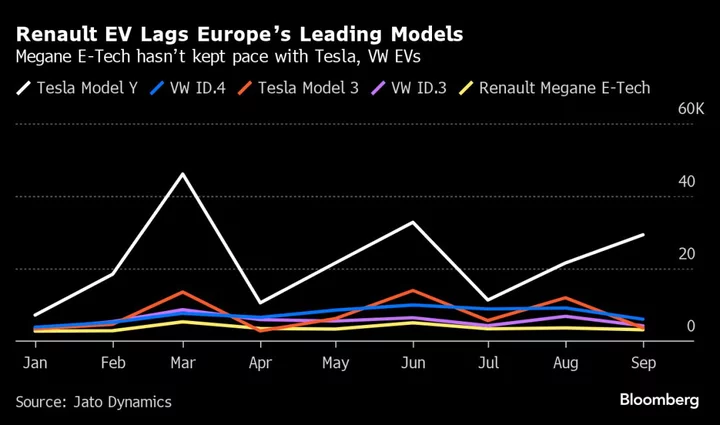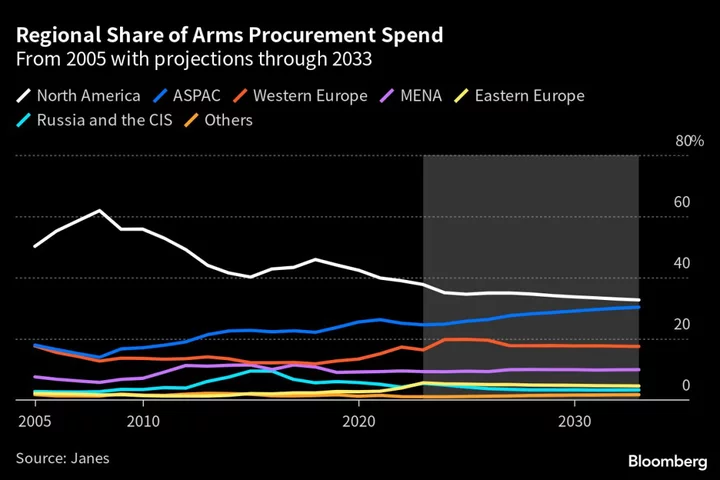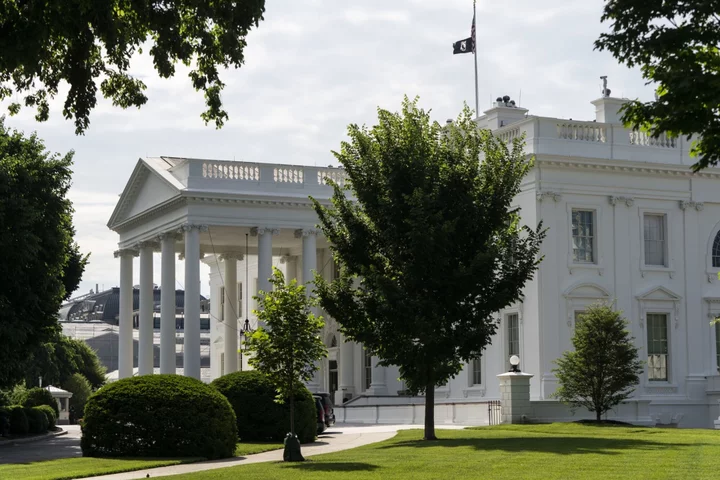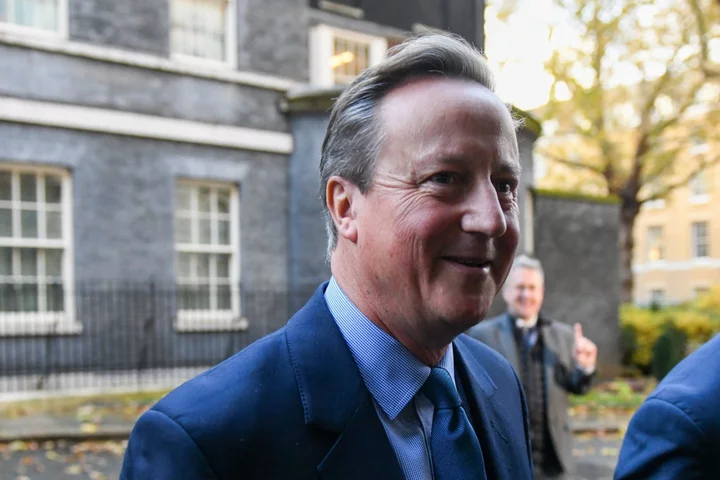The Federal Reserve shouldn’t have led investors to expect a pause in interest-rate hikes in June before officials saw last month’s jobs numbers, says Mohamed El-Erian.
“People are now going to be scratching their head — why did they guide the market so strongly towards a skip ahead of this report and ahead of the next CPI,” the chief economic adviser at Allianz SE and a Bloomberg Opinion columnist told Bloomberg TV on Friday, following a stronger-than-expected May jobs release.
US companies added 339,000 jobs last month after an upwardly revised advance in April, data showed Friday. The unemployment rate rose to 3.7%, while wage growth cooled. It was the fourteenth-straight upside surprise, and the US economy remains a major engine of job creation, which is good news, El-Erian added.
“Thinking that one month of data is going to make a huge difference is, I think, fooling yourself, but they have framed it that way — and it’s a shame,” he added. “We’re all now discussing is it a skip, is it a pause when there’s such bigger issues involved. And that’s the risk of being excessively data-dependent, is that you get stuck in a sort of smaller and smaller corner and the data will pin you there.”
Bond traders have cemented expectations that the Fed will do one more round of policy tightening this cycle, but they still see it as most likely happening in July.
Read more: Bond Traders Cement Bets on One More Fed Hike After Jobs Report
Earlier this week, Federal Reserve Governor Philip Jefferson signaled the central bank is inclined to keep interest rates steady at its June meeting to give policymakers more time to assess the economic outlook. Still, Cleveland Fed President Loretta Mester said “everything is on the table in June,” after the personal consumption expenditures price index, the Fed’s preferred inflation gauge, rose at a faster-than-expected pace in April.
El-Erian added that he worries central-bank officials will push the economy into a recession. For one, they lack a strategic view and a valid monetary framework. Second, they have the wrong inflation target. And three, they are attempting to restore their credibility, he said.
“The risk of yet another policy error, I fear, is quite high,” he said.
“If they are serious about their 2% target, given the data, they should hike,” El-Erian added. “Because they are data-dependent and the data has been hotter than expected.”

